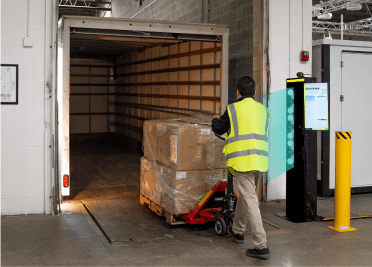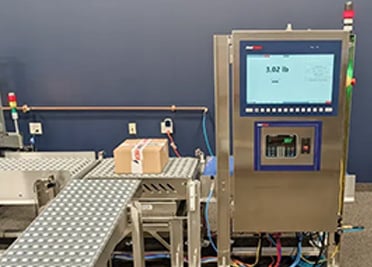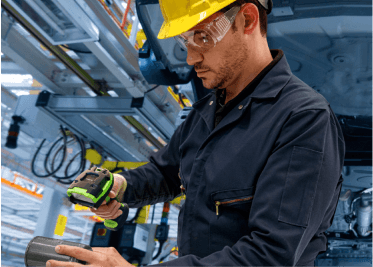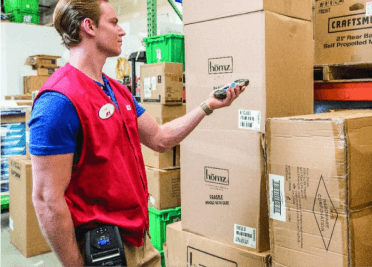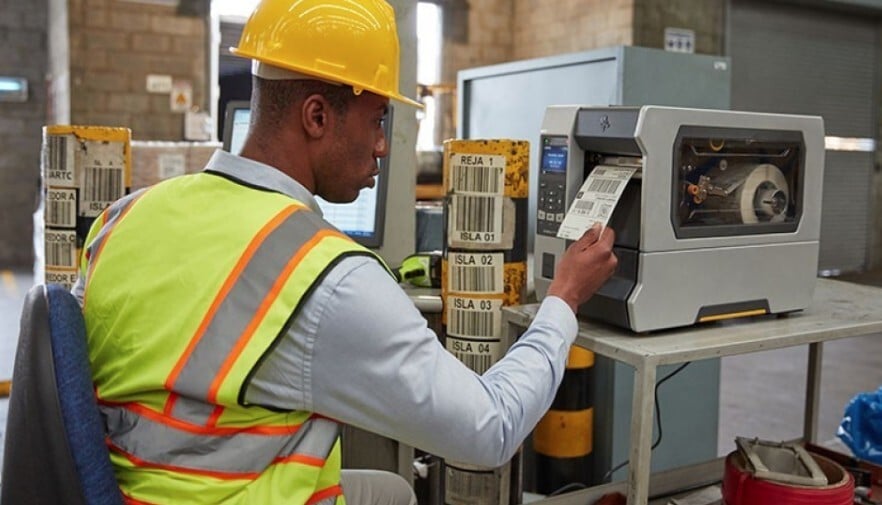The COVID-19 pandemic has brought a sea change in market conditions. Online purchases are up 28% this year, as consumers substitute in-store shopping with e-commerce alternatives. Consumers opting to “buy online and pick up in store” (BOPIS) is expected to increase by more than 60%.
To keep up — and thrive — more companies anticipate increasing their investment in automation of fulfillment and other processes, according to a new study. Automation can benefit all businesses, but respondents from the following industries are the most willing to add automation:
- 66% E-commerce
- 59% Groceries, food and beverages
- 55% Logistics
Nearly half of the 434 senior U.S. business executives surveyed said automation enables their companies to practice social distancing, continue operations with fewer workers on-site, and keep work moving in general. More than half said they are more willing to invest in automation as a result of the pandemic. Indeed, business leaders said their companies’ future competitiveness depends on robotic systems, guided work solutions and computer-controlled equipment.
Automation can help continue operations where traditional labor physically cannot. Three of the most widely implemented solutions are likely to be expanded, according to the survey respondents. Their businesses expect to invest during the next two years in the following automation:
- 48% Warehouse execution software
- 46% Order-picking technology
- 44% Robotic solutions
Survey respondents see these solutions as essential to business success. Nevertheless, the survey revealed that fewer than 33% of companies have scaled any of these solutions — which may be a missed opportunity.
Consumers want seamless integration among their online and in-store shopping, buying and delivery experiences. To deliver all of that, companies can deploy micro-fulfillment strategies, whereby they rely on automation solutions to improve speed and accuracy of order processing, fulfillment and delivery. In the process, adopting automation also can enable businesses to optimize productivity and return on investment — so much so that nearly half (43%) of large businesses in the survey identify improving processes with automation as their top business goal.
Prior to the 2020 acceleration of e-commerce adoption, automation provided a way for DC operators to meet increasing requirements for omnichannel fulfillment, despite chronic labor shortages. In the “new normal,” with pandemic requirements for social distancing and the higher online order volumes, automation reduces the need for physical labor for inventory replenishment and order-picking tasks. Nonetheless, automation can lead to significant opportunities for emerging distribution and fulfillment jobs, especially for customer service and maintenance, the survey respondents said.
It’s interesting to note that nearly all the businesses surveyed (large and mid-size) have invested in automation to some extent. E-commerce and third-party logistics companies lead in automation resources. Retailers and small companies lag in automation investments. However, what companies of all sizes share are these same financial challenges: the cost of implementation and (to a lesser extent) the cost of operation, including support for robotics and systems enabled with artificial intelligence.
Ensuring successful design and implementation will be critical to the overall performance of companies that invest in more automation. They’ll need to partner with an experienced provider who can integrate technologies such as voice-guided solutions and leverage data-driven insights to make better operational decisions. Look for a partner with proven, scalable automation solutions that ease the burden of short order cycle times and lead to better customer interactions.
To learn more and get started, contact us now to request a consultation with an AbeTech Solution Expert.
